Results
-
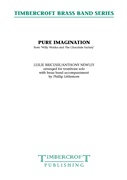 £25.00
£25.00Pure Imagination (from Willy Wonka and The Chocolate Factory) (Trombone Solo with Brass Band - Score and Parts) - Littlemore, Phillip
The 1971 film musical Willy Wonka and The Chocolate Factory starred Gene Wilder in the title role. The music was written by composer/actor Anthony Newley, with lyrics provided by Leslie Bricusse, for which it received an Oscar nomination for Original Song Score. There are several well-known songs from the film, but perhaps the most famous is Pure Imagination, which is sung by Willy Wonka as the five children and their parents enter the Chocolate Room in Wonka's factory. It has been arranged as a trombone solo and has a simple jazz-like accompaniment. Duration: 3:00
Estimated dispatch 7-14 working days
-
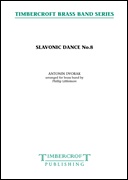 £25.00
£25.00Slavonic Dance No.8 (Brass Band - Score and Parts) - Dvorak, Antonin - Littlemore, Phillip
Antonin Dvorak composed his first set of eight Slavonic Dances in 1878. The music is lively and overtly nationalistic, although the tunes themselves are all original and are not taken from any Slavic folk dances. Slavonic Dance No.8 is high-spirited and in the style of a furiant, the boldest of Czech folk dances. Although written in a 3/4 metre throughout, Dvorak creates cross-rhythms that shift this metre in to 2/4, which is an important characteristic of the furiant. Duration: 4.10
Estimated dispatch 7-14 working days
-
 £40.00
£40.00Symphony No.1, Finale from (Brass Band - Score and Parts) - Rachmaninoff, Sergei - Littlemore, Phillip
Rachmaninov composed his First Symphony in 1895, at the age of just 22 years. It received its first performance on March 27, 1897, at a Russian Symphony Society concert in St. Petersburg with Alexander Glazunov conducting. The premiere was not well-received, and Rachmaninov himself blamed Glazunov for a lacklustre approach for beating time rather than finding the music. Some contemporary reports even suggested that Glazunov was inebriated when he took to the stage! Despite the disappointment of the premiere performance, Rachmaninov never destroyed the score but left it behind when he left Russia to settle in the West, eventually it was given up for lost. After the composer's death, a two-piano transcription of the symphony surfaced in Moscow, followed by a set of orchestral parts at the conservatory in Saint Petersburg. In March 1945, the symphony was performed in Moscow for the first time since its 1897 premiere. It was a grand success, and this led to a new and more enthusiastic evaluation of the symphony. In March 1948 it received a similarly successful American premiere and the work proceeded to establish itself in the general repertory. The final movement (Allegro con fuoco) is colourful and grand but not without its darkly contrasting, menacing episodes that intensifies its malevolence. It is a work overflowing with ideas demonstrating a strong, highly individual, and self-assured young talent. Duration: 5:40
Estimated dispatch 7-14 working days
-
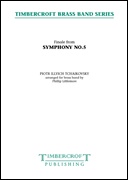 £35.00
£35.00Symphony No.5, Finale from (Brass Band - Score and Parts) - Littlemore, Phillip
Tchaikovsky composed his fifth symphony in the summer of 1888. He suggested that the opening-and recurrent-theme of the symphony represented "a complete resignation before Fate." The finale begins with a slow introduction of the 'fate' theme which segues into an Allegro Vivace of drive and energy, during which a majestic version of the fate theme periodically emerges. Finally, after a notorious "false" ending, the music courses ahead to a dramatic climax. Duration: 7:30
Estimated dispatch 7-14 working days
-
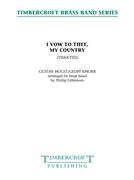 £30.00
£30.00I Vow to Thee, My Country (Brass Band - Score and Parts) - Holst, Gustav - Littlemore, Phillip
!!I Vow to Thee My Country. Originally for unison voices with orchestra, Holst adapted it as a hymn tune and called it Thaxted , named after the village where he lived for many years. Because of the sentiment in the words it has now become a staple of Remembrance services.The American Composer, Geoff Knorr, incorporated Holst's music into his score for the strategy-based video game Civilisation, where it is used to depict the England of Elizabeth I. It is from this music that the transcription is made. Duration: 5.40
Estimated dispatch 7-14 working days
-
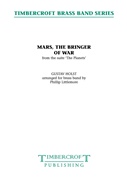 £35.00
£35.00Mars, The Bringer of War (from The Planets) (Brass Band - Score and Parts) - Holst, Gustav - Littlemore, Phillip
Holst's suite The Planets was written between 1914 and 1916 and with the exception of Mercury, which was written last, Holst wrote the music in the sequence we hear them. So, in 1914, came the insistent rhythmic tread of Mars, The Bringer of War. It is widely known that the sketches were completed prior to the outbreak of the First World War, so the music is less a reaction to the declaration of war itself, but more an impending sense of inevitability of a war to unfold. An ideal concert opener, especially in this current year as it is not only the 100th anniversary of the piece itself, but of The Great War. Duration: 7:20
Estimated dispatch 7-14 working days
-
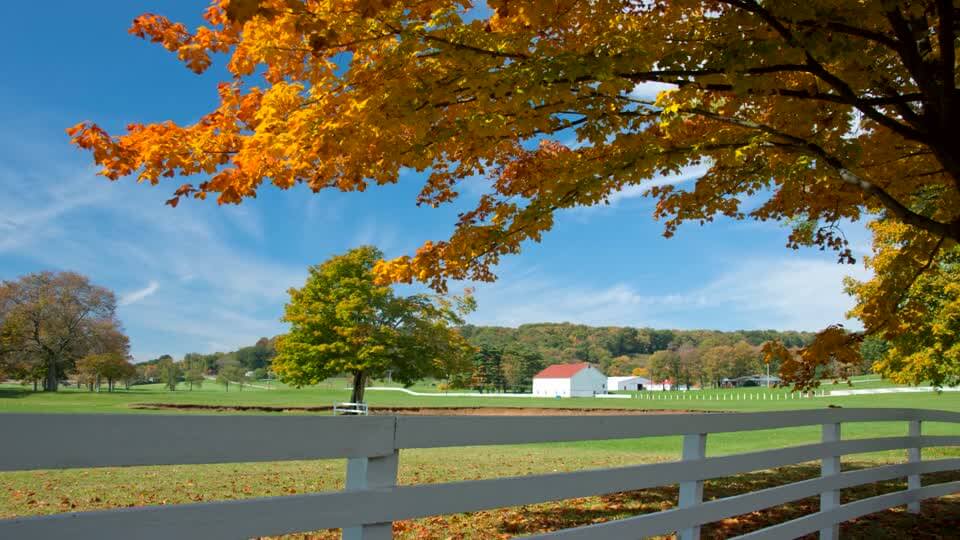 £24.50
£24.50Idyll - Arthur Sullivan - Phillip Anderson
Originally composed for Cello and Piano in 1865, this simple yet effective tune has been arranged for Solo Euphonium and brass band. With easy accompaniments and a wide register for the soloist to tackle, Idyll can feature successfully in any concert program
In Stock: Estimated dispatch 1-3 working days
-
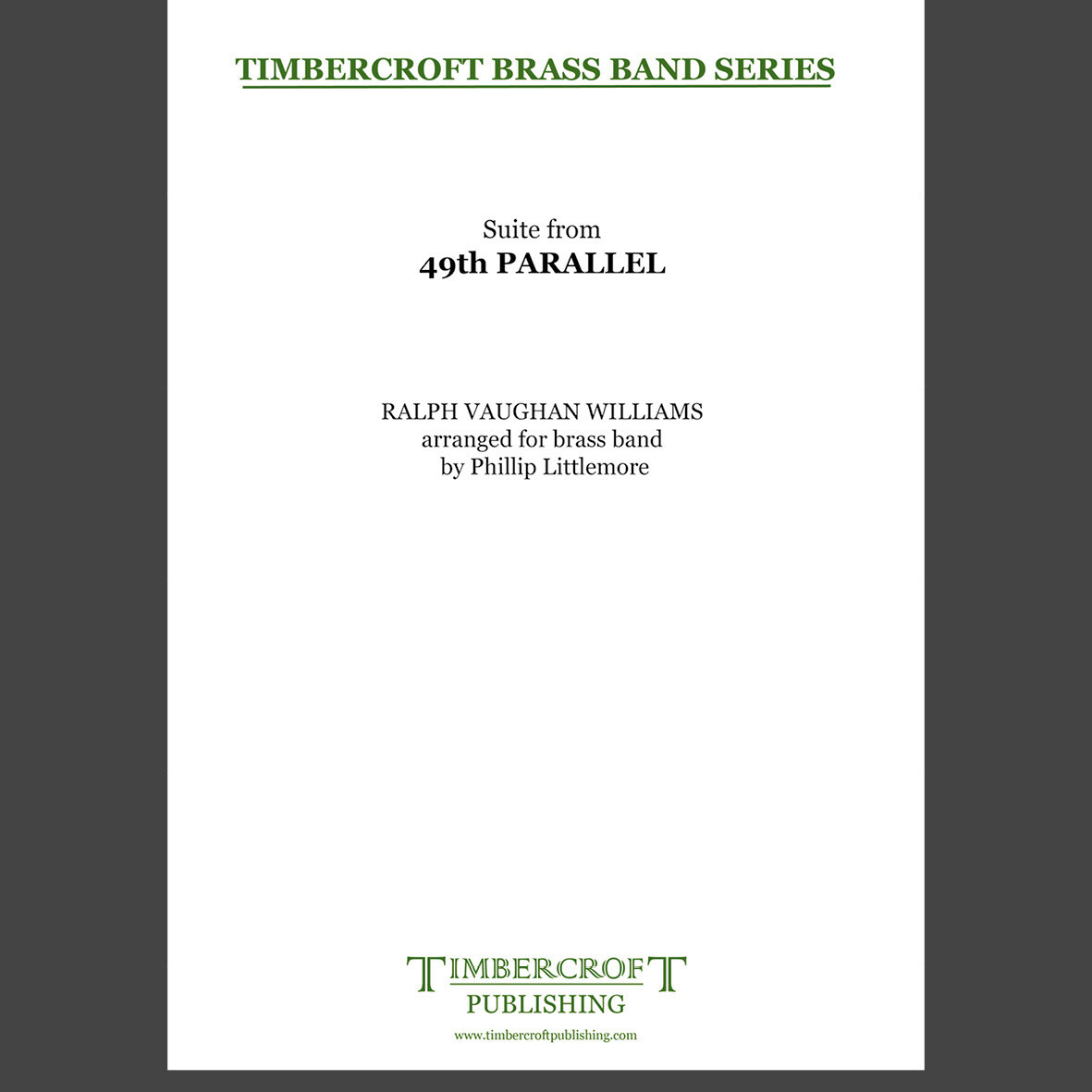 £60.00
£60.00Suite from 49th Parallel - Ralph Vaughan Williams arr. Phillip Littlemore
Vaughan Williams was in his late sixties when an opportunity to write for the cinema materialised. He was approached by his former pupil Muir Mathieson, the director of music for the Ministry of Information, to write the score for the film 49th Parallel .The plot for 49th Parallel is set in the early part of World War II, when a German U-Boat sinks allied shipping in the Gulf of St. Lawrence and then tries to evade capture by the Canadian Military by sailing up to Hudson Bay. A handful of crew disembark to look for supplies and no sooner have they reached shore when the U-Boat is spotted by the Canadian Armed Forces and sunk. Leaving the shore party stranded in Canada they have no other option but to head for the neutral United States and, as their ill-fated journey unfolds, they meet a variety of characters whom they alienate due to their reprehensible actions. They These include a pacifist in the Canadian wilds played by Leslie Howard, a Hutterite leader, and a French-Canadian fur trapper, played by Laurence Olivier. The film premiered in the UK in October 1941 and in March 1942 for the US, when it was retitled The Invaders .The brass band suite to 49th Parallel, devised by Paul Hindmarsh and arranged by Phillip Littlemore, takes the Prologue from the cinematic score as its starting point. Stretches of pastoral musical themes depict the Canadian landscape before the atmosphere is broken with a menacing rendition, albeit briefly, of the Lutheran chorale Ein Feste Burg depicting the surfacing of the German U-Boat in the Gulf of St. Lawrence. This gives way to the mechanical, jaunty section Control Room Alert with its persistent drive and energy. A brief interlude of The Lake in the Mountains leads into the most recognised piece of music of from the film, the Prelude, which accompanied both the opening and closing credits, and adds a most fitting conclusion to this suite.The suite has been recorded by the Tredegar Town Band, under their musical director Ian Porthouse, on the Albion Records CD Vaughan Williams on Brass
Estimated dispatch 5-7 working days
-
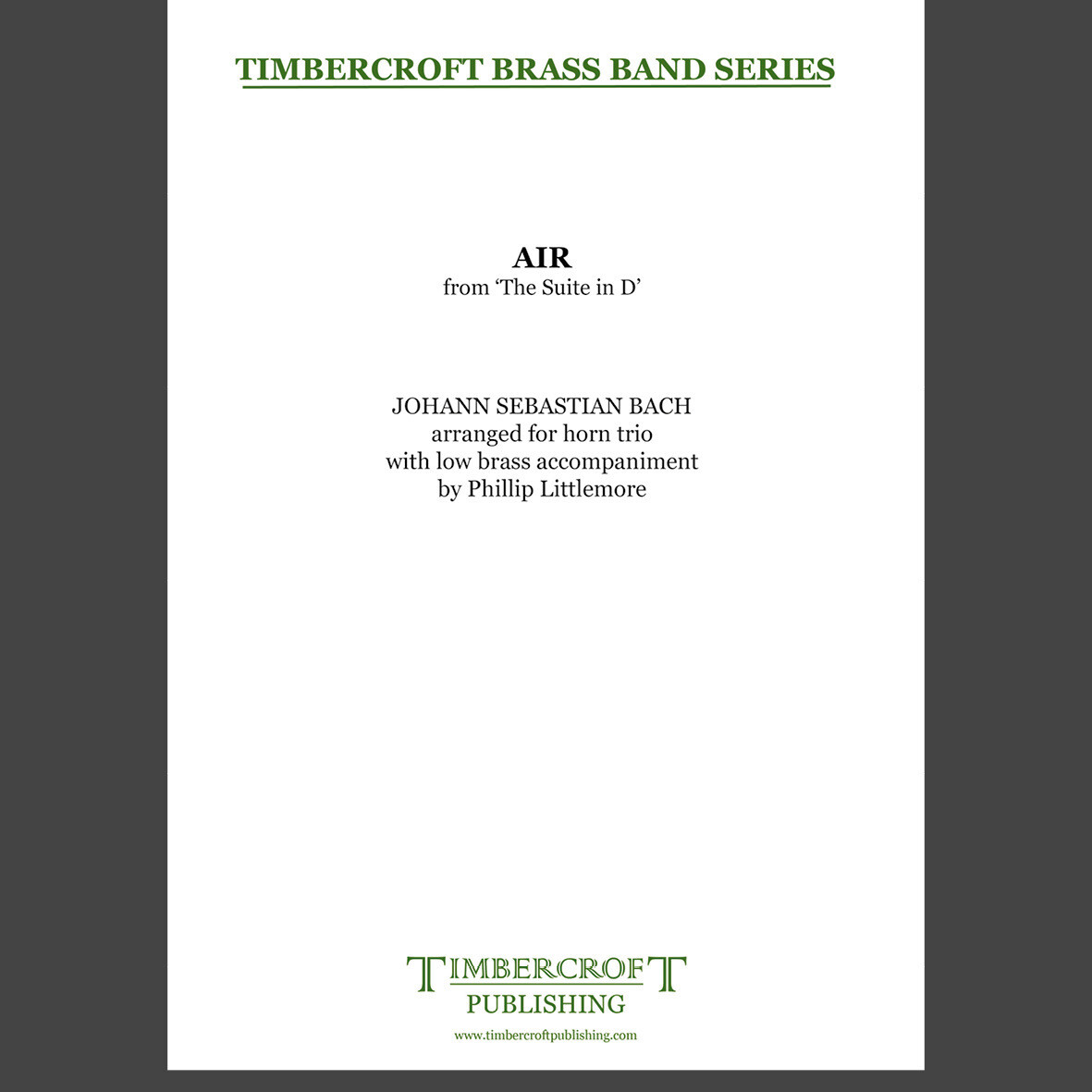 £25.00
£25.00Air from the Suite in D - J. S. Bach arr. Phillip Littlemore
Johann Sebastian Bach's Suite No. 3 in D, from a set of four such suites, was recreated from a set of autographed parts from around the 1730s, as no score has survived. The music is believed to date from some years prior to that and is possibly derived from an even earlier work than that.The Air, perhaps the most famous movement from all the Suites, has been arranged as a tenor horn feature, although there is no part for cornets, bass trombone, euphoniums or percussion in this transcription.Duration: c. 3 minutesDifficulty: Suitable for all
Estimated dispatch 5-7 working days
-
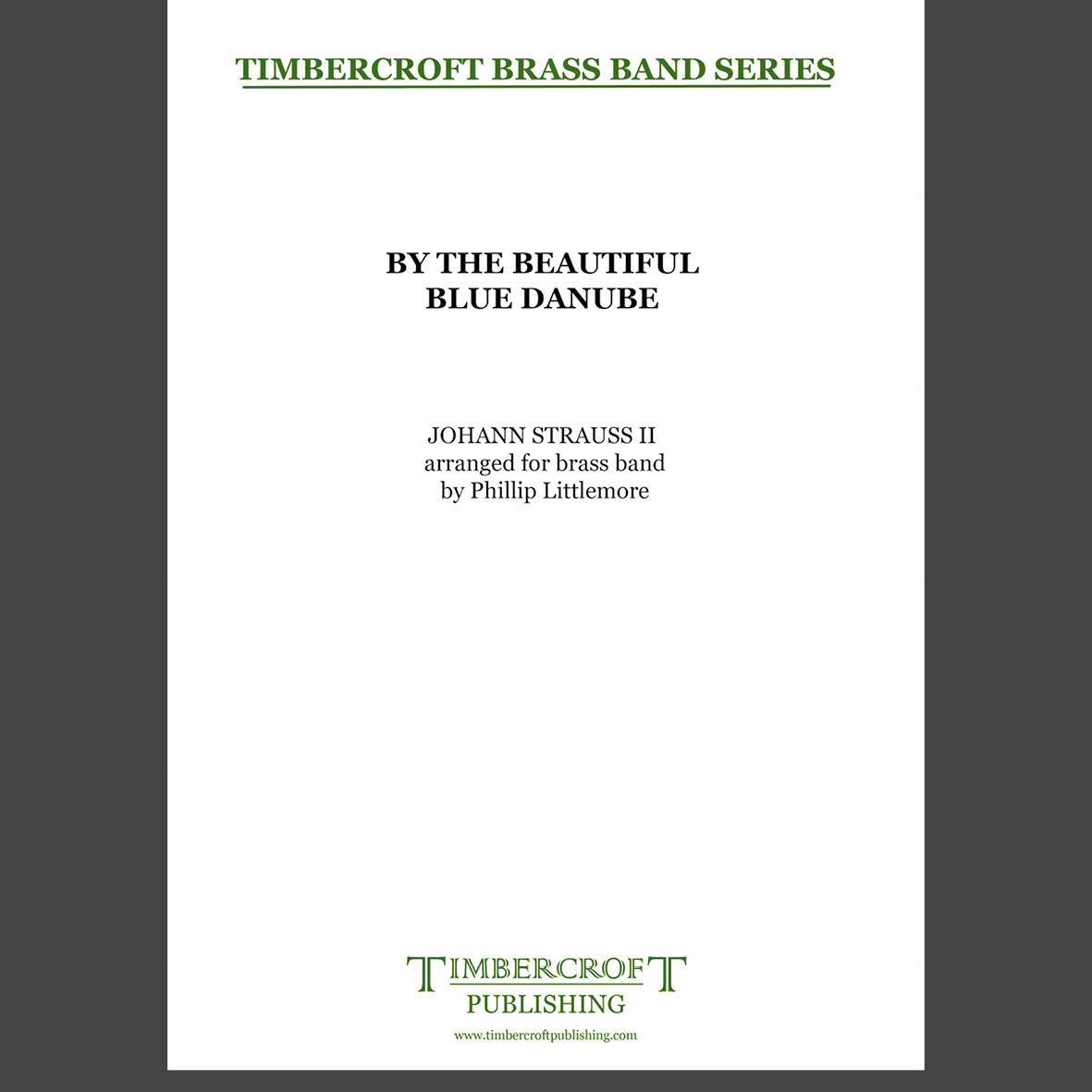 £35.00
£35.00By The Beautiful Blue Danube - Johann Strauss II arr. Phillip Littlemore
The Blue Danube or, to be more precise, By The Beautiful Blue Danube was composed by Johann Strauss II in 1866. It has remained one of the most consistently popular pieces of music in the classical repertoire although its initial performance was considered only a mild success. Duration: c. 8'00" (5'30" without repeats)Difficulty: Suitable for all grades
Estimated dispatch 5-7 working days
